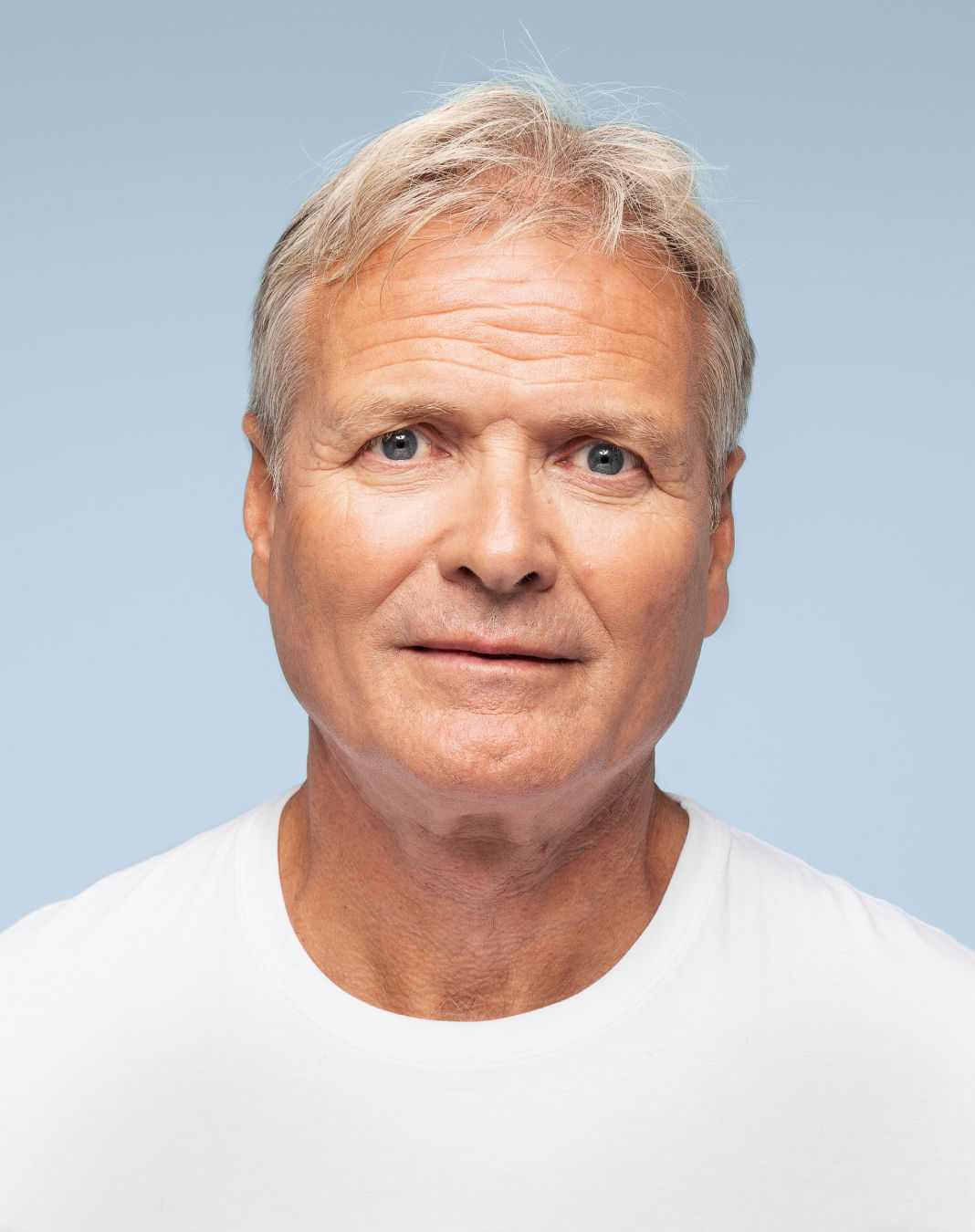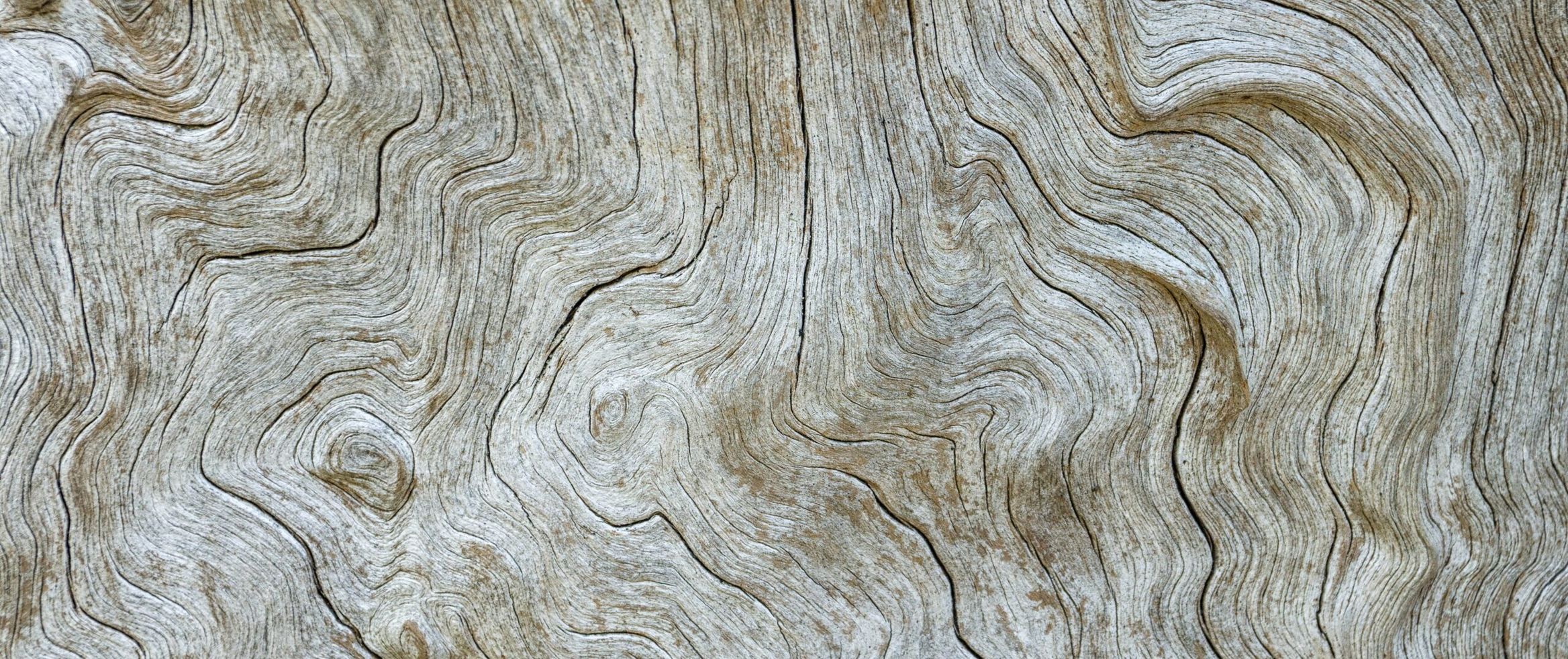Aging is a natural process and effects the skin of everyone. The process is driven by the body itself but is also strongly affected by the external environment.
When does the aging process start effective skin condition?
The aging of the skin is generally accepted to start during the mid-twenties, however it is not until later in life that the skins natural aging process becomes evident. The skins aging can be loosely subdivided into 4 stages, starting in the 30’s, the second stage generally occurs in the 40 to 50 age bracket, the third stage between the ages of 50 and 60. The final stage occurs after the age of approximately 80.
The different phases have degrees of decreased cell activity and there are more and more visible signs of aging for every 10 years.
What can enhance the aging process?
We differentiate between internal and external aging accelerants. The over exposure of external stress elements (to the skin) such as UV light contribute to between 80% and 90% of the initial earliest phase of skin aging. Other external factors that promote the aging process, the development of free radicals and skin inflammation is lack of sleep, stress, a poor diet and lack of exercise, excessive alcohol, smoking, exposure to pollution and poor air quality, illness and various types of medication.
In addition to the external factors the body ages naturally, this aging will be effected by both hormones and genetic make-up, and these will vary from individual to individual. Some experience hormonal changes (menopause) in their 40’s and will notice aging processes, for others these changes will not appear until later in life. This natural aging process can also effect both hair condition and growth and the build-up of impurities. For many, estrogen treatment during menopause has positive effect on both skin and hair.
What characterizes aged skin?
Aged skin has lost its’ natural elasticity, may show uneven pigmentation, with wrinkle development being normal. Areas of the neck, chest and upper arms are often more effected.

Thinner and duller skin tones
Younger skin has maintained the ability to rejuvenate itself regularly. As we age however the skin loses its rejuvenation properties resulting in thinner skin. As the skin thins the accumulation of dead skin cells gives the skin a duller paler tone.
Tightness and the loss of elasticity
Elastin gives the skin it’s natural elasticity while collagen provides the skin with structure and is the main component of the skins connective tissue. With age the body’s ability to produce both elastin and collagen is reduced, resulting in a looser, rougher skin texture.
A simple self-test can be conducted to judge the elasticity of the skin. Pinch about an inch (2 cm) of skin from the back of your hand. Younge healthy skin will immediately fall back into place, while dry older skin will take some time before returning to its original form.
Loss of skin moisture
The ability for the skin to retain moisture deteriorate through time. The dermis consists of, amongst other things hyaluronic acid. Hyaluronic acid is a nature substance that plays a major role in the skins ability to bind and retain water. When hyaluronic acid levels are reduced, cells can no longer retain enough water and the skin will feel dry and less firm.
Uneven pigmentation and rough skin
Ultra Violet (UV) rays from the sun break down the skin collagen content. Collagen is the skins natural protein that supports the skins connective tissues and keeps the skin elastic and firm. Excessive exposure to UV rays from sunlight will increase the risk of pigmentation and wrinkles, in extreme cases also result in carcinogenesis and skin cancer.
How to treat aging skin?
One of the most effective methods to reduce the aging effects of skin is to start early. Sunlight accelerates the aging process by breaking down collagen, in many circumstances the development of excess wrinkles is due to over exposure to sunlight and not aging alone. Avoid excessive exposure to direct sunlight, the use of sunscreen is highly effective and should be applied regularly throughout the entire year. It is never too late to start with these preventative actions.
Avoid lengthy period of physical or mental stress, as these will have adverse effects on skin tone and structure. Treating yourself to a regular salon treatment with Anti-Age-Peel, is an effective way of combating the negative effects of lifestyle and stress on your skin. This can also be very informative and give you a better insight into the needs your particular skin type may have.
The use of active ingredients that moisturize and nourish the skin is advised. Fruit acids help skin rejuvenation and remove dead skin cells, resulting in a glowing, vibrant skin. Daily use of ingredients such as retinoids and antioxidants help the bodies natural ability to repair and protect the skin. Daily us of sunscreen is a must!
We recommend
Cleaning your skin on a daily basis using a mild cleanser, regular peeling treatments with Glyactil products will also promote skin renewal. Retinext products consist of Retinoids and Ceactil agents that are made up of antioxidants and should be an integral part of one’s daily skin care treatment. Protections against UV-rays with Hydractil Daily Defense SPF 15 or Ultradefense SPF 30 / SPF 50 is also recommended to prevent the premature aging of skin.



